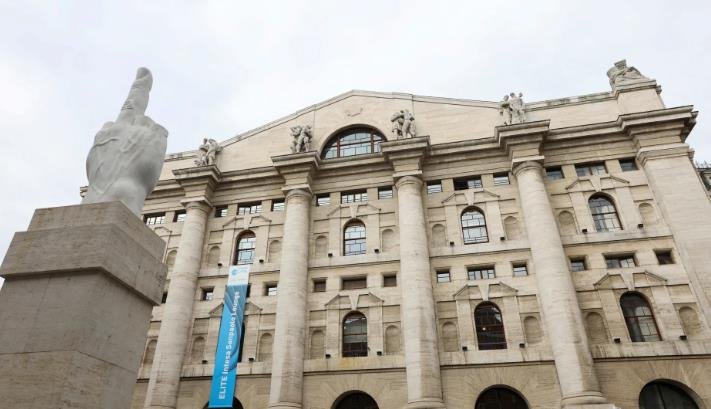Italy has revised its plan to impose a windfall tax on banks, after the announcement of the measure caused a market turmoil that erased $10 billion from the banks’ market value. The government said it would introduce a cap to limit the impact of the tax for many lenders, and exclude those that have already raised their interest rates for depositors.
A Surprise Announcement: A Market Shock
The windfall tax was announced by Deputy Prime Minister Matteo Salvini on Monday, as part of a package of measures to help families cope with the rising cost of living. Salvini said that the tax would be 40% on the extra profits that banks would make from the expected interest rate hikes by the European Central Bank. He said that the tax would raise about $3.6 billion, which would be used to cut taxes and support mortgages for first-time buyers.

The announcement came as a surprise to the market, as it was not part of the budget law approved by the parliament last week. The market reacted negatively to the news, as it saw the tax as a punitive and arbitrary measure that would hurt the profitability and stability of the banking sector. The FTSE Italia All-Share Banks Index plunged by 8.5% on Tuesday, wiping out $10 billion from the banks’ market value.
A Revised Plan: A Damage Control
The government backtracked on part of its plan on Tuesday, after facing criticism and pressure from various stakeholders, including the Bank of Italy, the European Commission, and the banking associations. The finance ministry said it would revise the details of the tax to make it more proportional and fair.
The ministry said that the tax would not exceed 0.1% of a bank’s assets, and that it would not apply to banks that have already increased their interest rates for depositors in line with the market conditions. The ministry also said that the tax would be calculated on the difference between net interest income in 2022 and 2021 above a 5% threshold, or between 2023 and 2021 above a 10% threshold.
The ministry said that these revisions would reduce the impact of the tax for many lenders, especially smaller and regional ones, and that it would prevent any distortion or discrimination in the banking market. The ministry also said that it would monitor the evolution of interest rates and adjust the tax accordingly.
The Outlook: A Continued Uncertainty
The government did not provide an estimate of how much revenue it would collect from the revised tax, or how it would affect its fiscal targets. The government also did not specify when it would present the final version of the tax to the parliament for approval.
The market remained cautious and skeptical about the government’s plan, as it still saw it as a risky and unnecessary intervention in a sector that is already facing challenges such as low profitability, high non-performing loans, and digital transformation. The market also feared that the government could introduce more populist and unpredictable measures in the future, as it tries to boost its popularity ahead of the general election in 2024.
